Blog
Filtering by category "git"

CrafterCMS Product and Roadmap Update Spring 2024
We recap a talk from CrafterCMS Live! 2024 where Russ Danner, CrafterCMS VP of Products and Customer Success, highlights some of the most recent and upcoming features of the headless CrafterCMS platform.
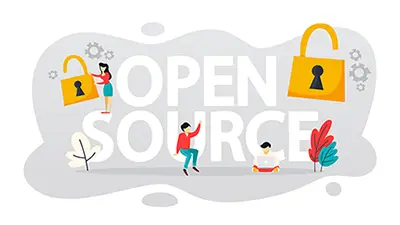
How to Choose an Open Source CMS
In this post, we explore the compelling reasons enterprises lean towards an open source CMS, including cost effectiveness, community, security, transparency, freedom from vendor lock-in, and data ownership. We also highlight key use cases for an open source CMS, and provide an insightful checklist with eight essential factors to consider when selecting an open source CMS.

ATO 2021: Accelerating Website and App Development with a Git-based Headless CMS
Headless CMSs have increased developer productivity by providing an API-first platform for quickly building not just websites, but also all other types of multi-channel digital experiences such as native mobile apps, e-commerce front-ends, AR/VR expe
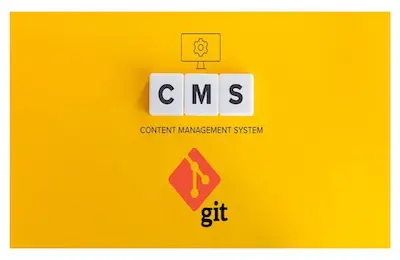
Git-based CMS: What It Is, and Why You Need It
Software projects around the world today rely on Git for source code management. The productivity gained from this distributed version control system is just one of the reasons why it has had such a massive impact on the software development world.Fo
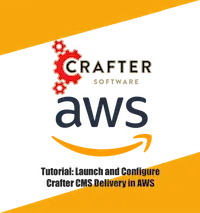
Setup CrafterCMS Delivery Using Crafter's AWS AMI
In this tutorial we will demonstrate how to launch, configure and sign in to Crafter's AWS AMIs for Crafter Engine, the delivery component of CrafterCMS and wire it to a Crafter Authoring instance to host deployed Crafter sites.

5 Areas of Focus for CrafterCMS in 2019
It’s almost 2019 and we couldn’t be more excited with what’s in store for CrafterCMS in the coming months. What’s on the roadmap? Here is a quick summary of five main areas of focus that we know will help Crafter to remain the best CMS platform for innovative organizations.

Integrating CrafterCMS with BitBucket for Better DevOps
Content authoring and software development are both a major part of producing today’s digital experiences. Unfortunately, development support is not something traditional CMS platforms handle very well at scale. CrafterCMS, a 100% open source CMS platform that includes a Git-based repository designed to handle not only authoring but also DevOps seamlessly. We call this seamless collaboration between devops and authors DevContentOps™.
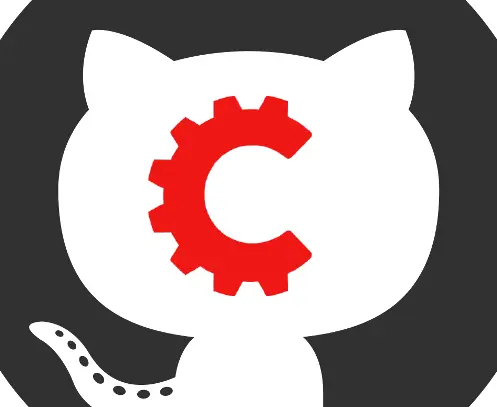
Integrating CrafterCMS with GitHub for Better DevOps
Content authoring and software development are both a major part of producing today’s digital experiences. Unfortunately, development support is not something traditional CMS platforms handle very well at scale. CrafterCMS, a 100% open source CMS platform that includes a Git-based repository designed to handle not only authoring but also DevOps seamlessly. We call this seamless collaboration between devops and authors DevContentOps™.

Building and Optimizing Multi-Channel Digital Experiences
Over the last few years, the internet has undergone a tremendous amount of fundamental change in its landscape, and we are now entering into a new reality with today’s Web. This change is driven by five major trends:
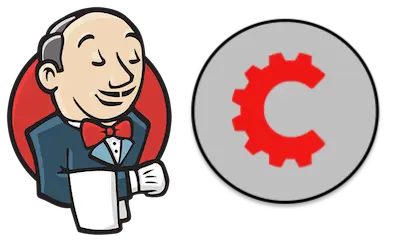
Integrate CrafterCMS with Jenkins to Automate DevOps: Code Forward, Content Back Process
Great DevOps helps us build better software products faster. One of the key elements of DevOps is automation within the development process across lower development environments. Jenkins, Bamboo, Travis and many other platforms like them a
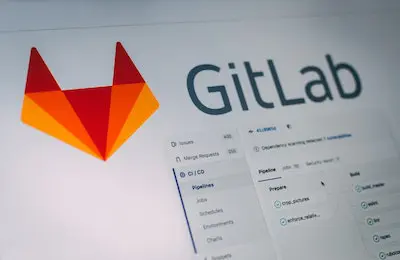
Integrating CrafterCMS with GitLab for Better DevOps
Content authoring and software development are both a major part of producing today’s digital experiences. Learn how to integrate CrafterCMS with your GitLab based source control and development process.
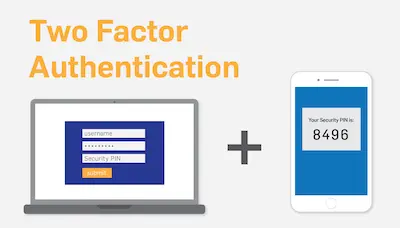
Using CrafterCMS. Github and Two-Factor Authentication
Crafter’s Git based CMS supports developers working against remote repositories like Github, Gitlab, Bitbucket, and others. Many organizations that use Github enforce a two-factor authentication for developers. This article shows you how t